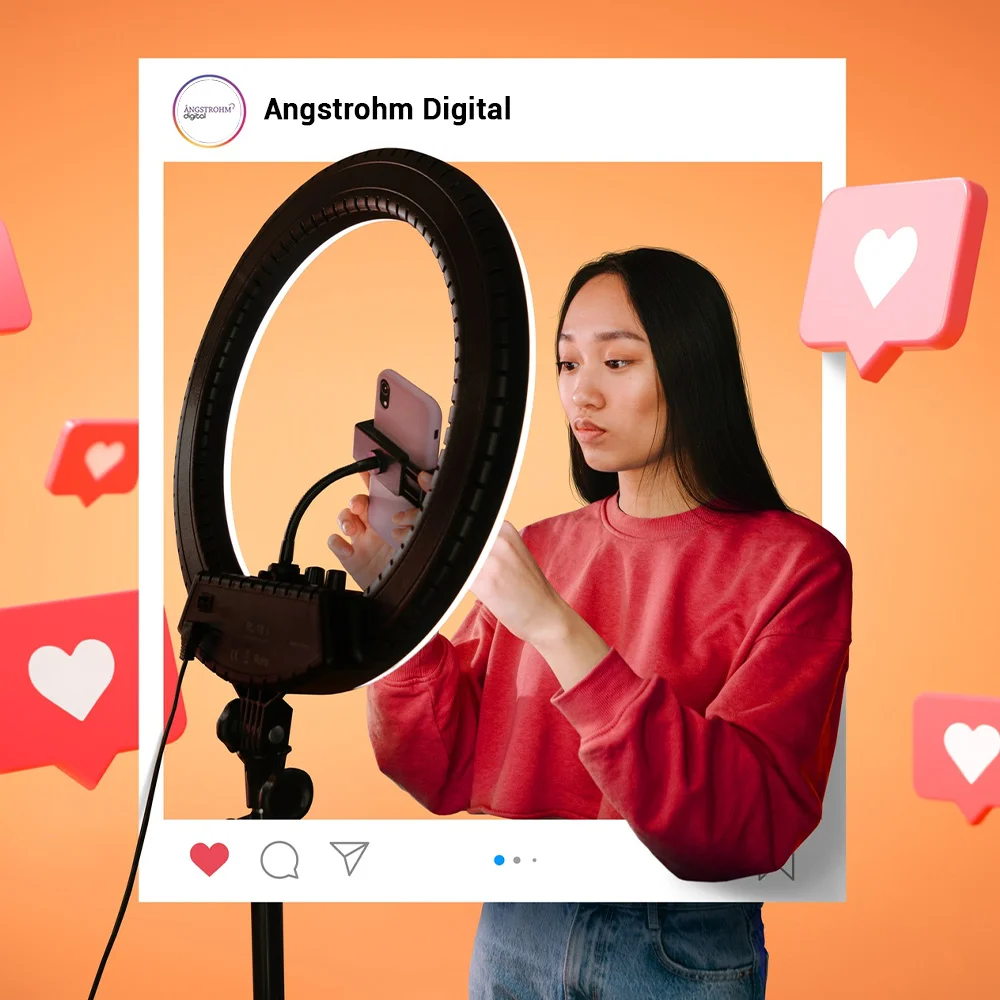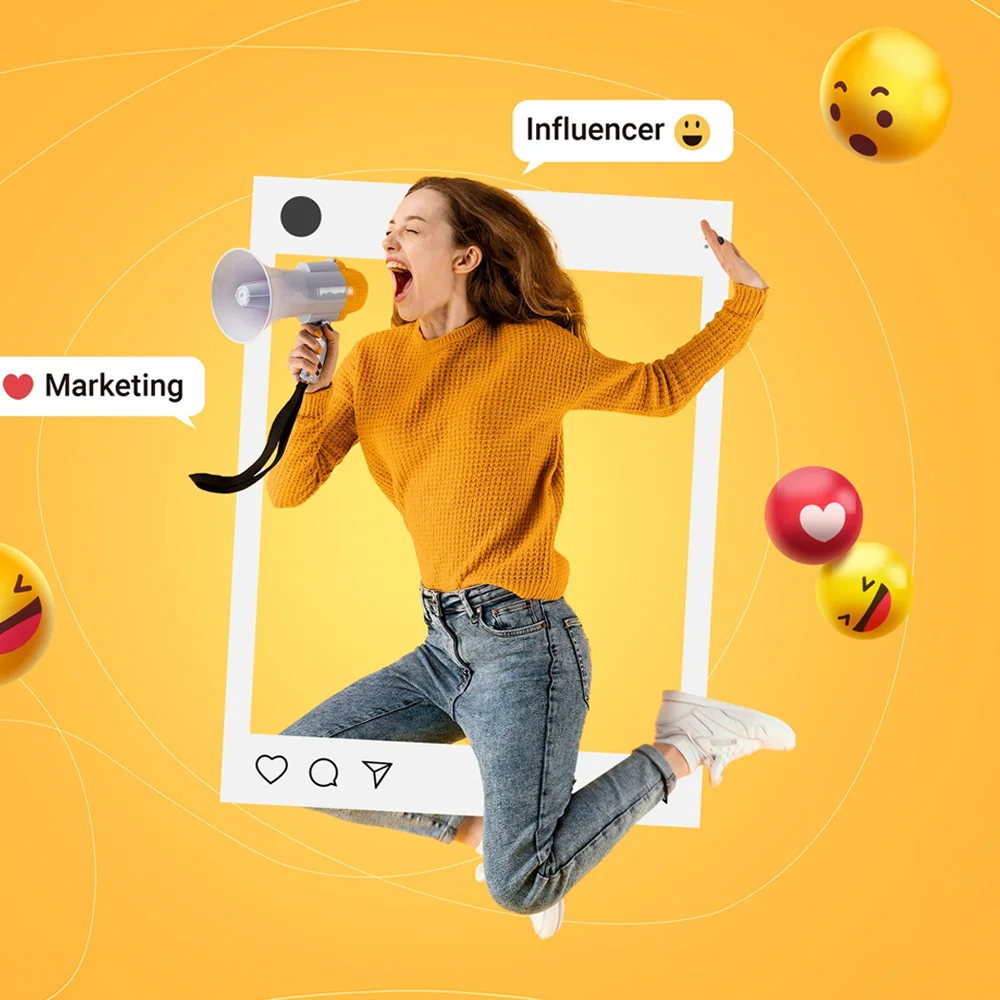The Pros and Cons of Influencer Marketing


What is Influencer Marketing?
With that in mind, influencer marketing is when brands collaborate with influencers in order to create a marketing campaign. Like the previous section described, there are many ways which brands can collaborate with influencers. For example, there’s product placement, ad-read sponsorships, and influencers can even become brand ambassadors.
Influencer marketing can be great for brands, but it comes with some serious risks, too. Let’s jump into them.

Pro 1: Influencers quickly reach relevant audiences
Having such an easy way to directly target a specific demographic is highly beneficial for any company, since it can make sure their ad campaigns are actually reaching the people who will care about it. There are very few products that appeal to everyone, particularly if your brand is more niche. Therefore, by avoiding advertising to the general public, you can make the most out of your money.
For an example, imagine a health and fitness influencer on Instagram. Since they post a lot of fitness themed content, their community is most likely those who are also interested in fitness. For a company that produces fitness related products, like a water bottle or sports apparel, this influencer would be a fantastic option to reach the fitness community.

Con 1: Your brand image is now tied to that influencer
Something to keep in mind when working with influencers is that a lot of them have not received PR training. Therefore, it is entirely possible for them to be in good graces one day, and to fall out of favour with the public on the next day.
That is a risk that a brand must take if they decide to associate with an influencer. If an influencer gets into a scandal while being associated with your brand, if the scandal is bad enough, it could ruin your own reputation by association.
This leads to the importance of taking the time to research influencers before working with them. While a brand cannot predict the future of whether an influencer will do something the public will be against, it is possible to look into the past to get a guess of whether that influencer is a good option to work with. Have they gotten into any past scandals, are there currently any allegations against them, and what is their reputation among the community they influence in? When it comes to influencers, having a high follower count does not necessarily equate to a positive reputation, so make sure to take the time to research them deeply.
That can be another con to influencer marketing; the process of researching an influencer to partner with can be quite time consuming.
Pro 2: Your brand will gain more trust.
True to the definition, an influencer is able to use their popularity and authority to persuade others. This counts towards ideology, trends, and in our case, purchases. If an influencer gives a statement that they enjoy something, use it regularly, and endorse the product, then it’s likely that their demographic will trust them and the product they’re advertising.
Because of this, not only is influencer marketing a gateway directly to niche communities, but it’s also a shortcut to earning their trust. Collaborating with an influencer can make your brand seem more trustworthy. Many people make the decision to purchase something from a recommendation, whether that be a personal friend or an influencer they respect. This can lead to fast results in sales, as well as a great reputation among the community you want to target.

Con 2: You might grow too fast
Influencer marketing can be explosive. If you partner with a big influencer, there’s a chance they may send much more customers than you predicted, or were ready for. If you can’t respond to the demand in a timely manner, doing the campaign may backfire, as not being able to keep up with orders will leave a negative mark on your company’s reputation.
To illustrate this, let’s imagine that you run a cookie company offering a limited time, seasonal flavour. To get sales up, you collaborate with a big influencer in the foodie community, who gives a glowing review of your cookies. Your company gets thousands of new orders, but since it was a seasonal offer, stocks are limited, and you quickly fall behind on the orders. If this happens, customers will become frustrated with you and you’ll gain a lot of one-time purchases rather than long term customers. What’s more, you risk the influencer refusing to work with your brand again.
Pro 3: Influencers are already equipped with skills in advertising
For one, influencers are already great at marketing. They know how to get people’s attention, as well as how to appeal to their demographics. This is already a great start towards any marketer. In addition, they make a great case of ethos; just their authority makes them stand out as marketers already. Moreover, content creation is what they do daily; by the time they’re big enough to be reached out to for a brand deal, they should be experts on this already.
As long as you give your influencer an adequate approval process before posting content, you can save a lot of time with influencers that you may have lost finding them. Never overlook this step, since even though influencers are already pro marketers, there’s always a chance for them to post something that doesn’t align with your brand image.

Con 3: The budget
In order to combat this, your business can also consider looking at micro-influencers and nano-influencers, who have a smaller following due to being far more niche than a normal influencer, and thus, are cheaper. If you can find a micro-influencer or nano-influencer who fits what your business is all about, it’s a great idea to contact them!
Final Thoughts






